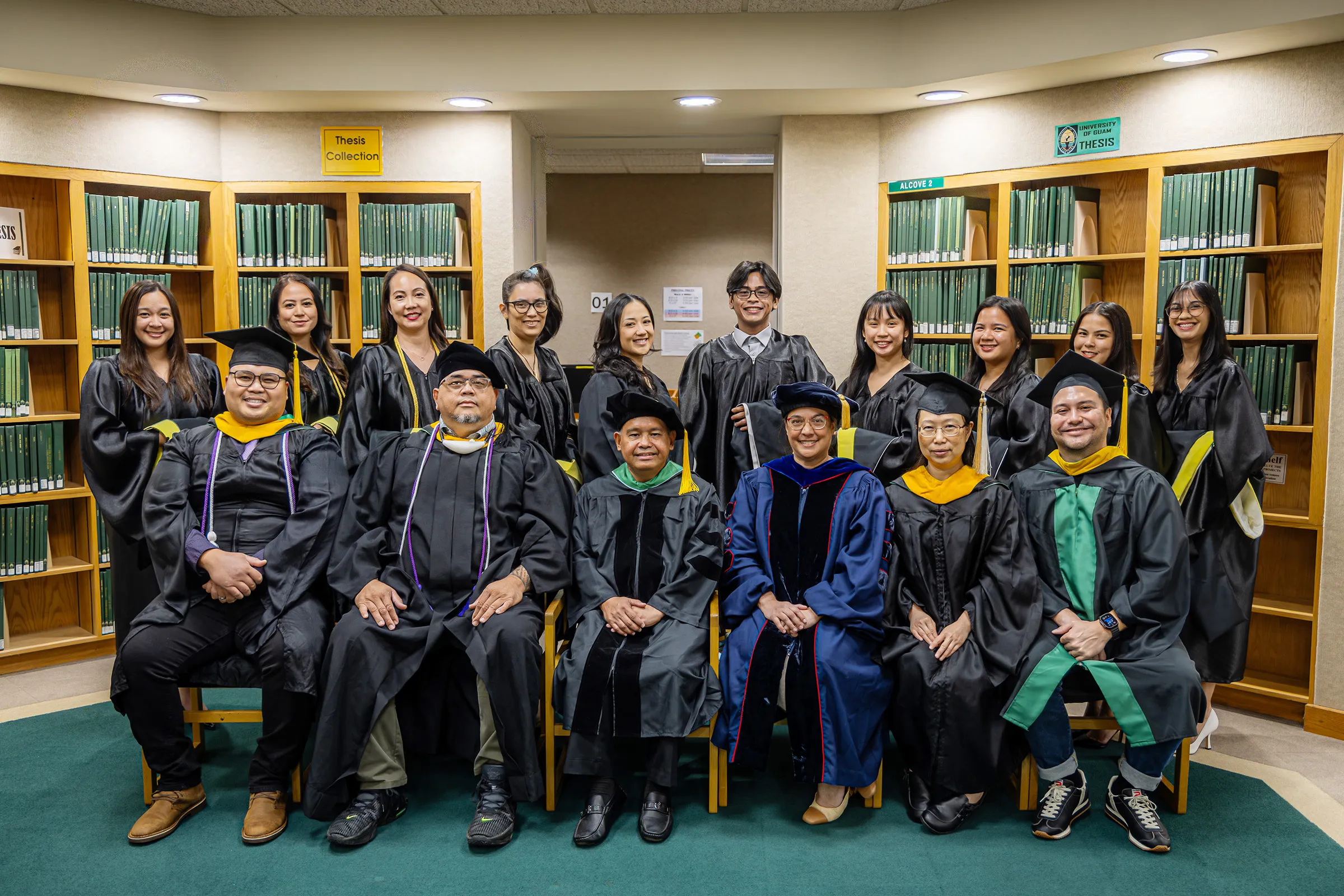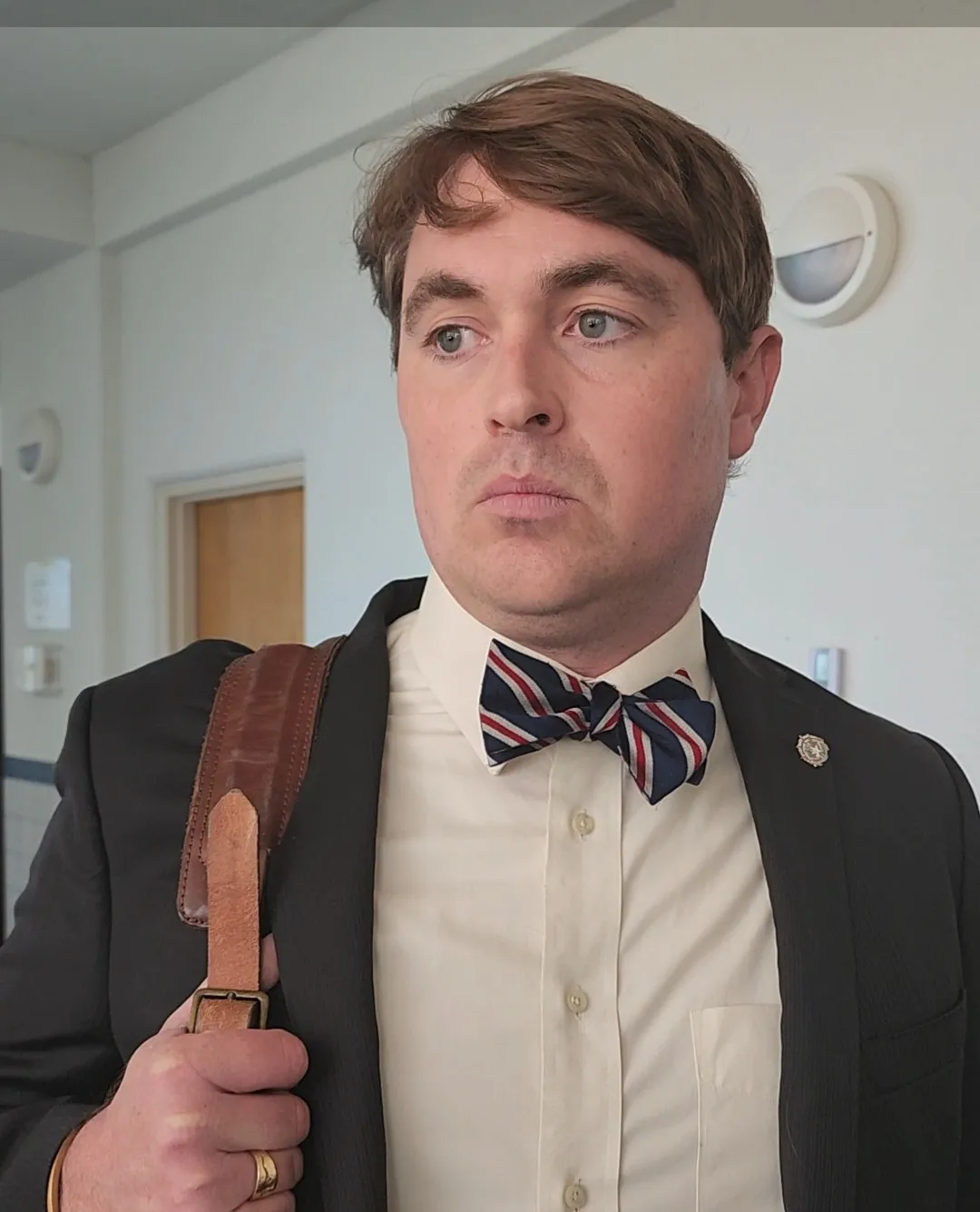GOVERNOR Arnold I. Palacios’ path to public service was shaped by an intellectual tradition of shared beliefs — what one might call a “school of thought” — a time-honored way of thinking. He firmly believed in the fundamental role of government: to serve all its citizens equally by accessing and using the powers and services of its instrumentalities to uplift their quality of life.
A humble man who reached the pinnacle of an illustrious public service career is now in the hands of our Creator. Governor Palacios, a very unpretentious man, achieved political greatness not at the expense of others but in pursuit of shared interests.
As I followed the Governor’s ascension in politics, I recognized that his father, Dr. Francisco T. Palacios, made a profound and indelible impact on his son’s public life. Dr. Palacios was not only a physician by profession, but also a respected, beloved, and acclaimed figure within the Popular/Democratic Party during the 1960s and 70s. So much so that he was nominated by acclamation by the Party’s Central Executive Committee as its candidate for a seat in the upper chamber of the Congress of Micronesia, which first convened in 1965.
Senator/Dr. Francisco T. Palacios, with his soft voice and perceptive grasp of issues, was an eloquent orator in the local vernacular. He was especially revered by the Ladies Association — the most powerful and influential group behind the Popular/Democratic Party’s political dominance from the mid-1950s to the 1970s.
He was one of the early trailblazers who steadfastly advocated for a closer political relationship with the United States. On the floor of the Congress of Micronesia, Senator/Dr. Palacios would often make passionate and compelling pleas to the administering authority (the U.S.), urging them to allow the Marianas District to secede from the rest of Micronesia so it could exercise its inalienable right to political self-determination, as inscribed under the United Nations Trusteeship Agreements.
Dr. Francisco T. Palacios’ long public service — as both physician and statesman — greatly influenced his son, Gov. Arnold I. Palacios, whose exceptional public career included service as Speaker of the House, President of the Senate, Lieutenant Governor, and finally Governor. No other CNMI political figure has achieved this distinction.
His years of service reflected courage, humility, a belief in his people, and a character imbued with cultural values and spiritual convictions. Governor Palacios was not an ego-driven man — far from it — but perhaps he was occasionally overly cautious.
Over the past four months, my frequent phone conversations with the Governor centered on our political history and how he could honor the legacy of our founding fathers so that their labor of love would not be in vain. He harbored a deep sense of gratitude, fidelity, and responsibility toward the men who, against all odds, forged a political relationship with the most powerful nation in the world: the United States.
Governor Palacios was particularly struck by the work of the Marianas Political Status Commission. He was amazed that, of its 22 members, only three had post-secondary education. The rest were high school graduates or had less formal schooling. Yet they worked with devotion and insight to negotiate a future for the CNMI.
This thoughtful reflection could only come from a leader grounded in cultural values and a deep sense of humanity.
One particular phone call stands out — a 4 a.m. conversation on July 20, 2025. I expected the early morning call to be about political strategy for his re-election. To my surprise, it wasn’t. It was still about the members of the Status Commission and their monumental achievement. He felt that these honorable men, through their benevolent efforts, restored our people’s human dignity through their tireless negotiation of the Covenant.
Governor Palacios reminded me that we were once a colonized people who endured centuries of hopelessness. That hopelessness, he said, was transformed by a remarkable group of non-college-educated men, diverse in background, who worked together to produce a document that gave birth to the Commonwealth of the Northern Mariana Islands — a unique self-governing entity.
The Governor was deeply reflective. He wondered why, despite modern technology, access to higher education, and an ideal of mutual help (“ina’ayuda”), our leaders today still struggle to embody these principles. I sensed in his voice a desire to invoke the Status Commission’s unity as a model to emulate — yet with caution, lest he be seen as patronizing.
As dawn approached, it became clear to me that Governor Palacios was faithfully devoted to the Covenant. “The Covenant is not only a documented history of our political evolution, but the fundamental expressed will of our people,” he said, his voice trembling. “And in my imperfect self, the Covenant was what I pledged to honor.”
In more than 50 years of political involvement in the CNMI, I have never been so personally touched by a leader’s wisdom — wisdom so rarely and emotionally expressed. During that brief moment, Governor Palacios opened up his inner thoughts — not to criticize others, but to express his unspoken love for our people and his tireless effort to do justice for all.
Governor Palacios respected and believed in the power of our negotiated self-government. He understood that the U.S. has obligations under the Covenant that have yet to be fully met, and he appropriately invoked the 902 process to advance those issues.
In the final two years of his administration, he was methodical in his efforts to revive our economy. He believed the Covenant holds provisions that, when persuasively presented to the U.S. Congress, can lead to economic benefits — not handouts, but opportunities earned through trust and credibility.
Governor Palacios envisioned a future — not a grandiose “shining city on a hill” (to quote Ronald Reagan) — but a future rooted in compassion, inspiring acts of kindness. He was not consumed by political ambition or fame. Instead, through his actions, he sought to shift the toxic political conversation from righteousness to mutual respect and decency. He believed in the power of this shift to transform our community.
As we ended our early morning conversation, he said:
“Dan, as long as we continue to remember the founding principle of how we became a political family through the labor of love, affirm our abiding faith in the Preamble of our Constitution, be kind to one another, and believe in ourselves — the future will always be ours.”
As I personally grieve the untimely passing of Governor Palacios, I also internally memorialize the goodness of his deeds — just as I’ve memorized this quote from William Penn:
“I expect to pass through life but once. If therefore, there be any kindness I can show, or any good thing I can do to any fellow being, let me do it now, and not defer or neglect it, as I shall not pass this way again.”
Farewell, Governor Palacios. May you find eternal peace through the words of Isaiah 41:10:
“Fear not, for I am with you; be not dismayed, for I am your God; I will strengthen you, I will help you, I will uphold you with my righteous right hand.”
Si Yu’us un binendise ya un kineni para i taihinekok na rainonya.
To be continued
DANIEL O. QUITUGUA
Kanat Tabla, Saipan









